In Hollywood, the majority of World War II movies normally depict events from the perspective of the Allied powers. After all, they were mostly the heroes and if it wasn’t for them, the oppressive systems set up by the likes of Hitler and Mussolini would have thrived a lot longer. When it comes to Japan, directors, and screenwriters never hesitate to paint it as an evil nation that threw the first punch by conducting an inhumane raid on Pearl Harbor, resulting in American retaliation and the eventual use of nuclear bombs.
However, there’s way much more to the story. In the war, Japan did more than just attack America. The Asian nation invaded China and even had a tussle with the Soviet Union. The atrocities aside, many Japanese people were impacted negatively by the war. Thankfully, there are a couple of films that dig deeper into Japan’s exploits during the second global conflict.
10 Letters from Iwo Jima (2006)
The story of The Battle of Iwo Jima was told conclusively in the Steven Spielberg-produced HBO miniseries, The Pacific, but it was handled even better on the big screen by Clint Eastwood — who chose to be fair by making both Flags of our Fathers (from an American perspective) and Letters from Iwo Jima (from a Japanese perspective). Both films center around Japanese and American forces tussling for control of the Iwo Jima island because of its proximity to Tokyo.
Letters from Iwo Jima justifiably portrays the Japanese as victims that have every right to defend an island that’s so close to them. After all, America once reacted similarly when the Soviet Union set up shop in Cuba during the Castro era. Clint Eastwood also does well by casting Japanese actors for all the Japanese roles. Besides that, things events don’t keep jumping between Tokyo and Iwo Jima as they do between Washington and the island in Flags of Our Fathers. Here, the focus stays on the battle throughout the running time. Consequently, the soldiers are granted proper character development.
9 The Eternal Zero (2013)
Audiences looking for great war movies that focus on pilots and aerial attacks should spare some 144 minutes for Takashi Yamazaki’s The Eternal Zero, which revolves around the adventures of a Japanese Kamikaze pilot during World War II. The movie is told through flashbacks as the main character is a young man in the year 2004, who discovers that his grandfather was one of the key aviators during the war.
The Eternal Zero is an emotionally gripping anti-war film because it perfectly demonstrates how the policies set up by higher-ups during political conflicts end up having a negative effect on lower-ranking officials. In this instance, the generals in the Japanese military see suicide bombings by their fighter pilots as an effective way to cause more damage to Allied ships, but some of the pilots are hesitant to sacrifice their lives because they want to be with their families. Here, the main character, Kyuzo Miyabe, almost gets court-martialed for opposing the suicide attack strategy and even gets alienated from some of his fellow fighter pilots who label him a coward.
8 Fires on the Plain (1959)
From malnourished soldiers resorting to cannibalism as a way to survive to others wearing soleless boots, Kon Ichikawa’s Fires on the Plain has enough heartbreaking moments to discourage anyone from ever supporting a war. The film follows Private Tamura who resorts to going his own way after facing mistreatment from his own men because he has Tuberculosis. No longer willing to be seen as a burden, the Imperial Japanese Army member wanders through a Philippine island by himself as he looks for a way to survive.
Fires on the Plain has a strong case for being one of the greatest book-to-movie adaptations because it greatly improves on its source material. For example, the ending is more impactful. While Tamura survives in Shōhei Ōoka’s similarly titled novel because of his Christian faith, he gets shot in the film after having overcome so many obstacles. It’s a pitiful moment but one that serves as some sort of comeuppance since he, himself, does worse things in the movie like shooting a girl and murdering a fellow soldier.
7 Onoda: 10,000 Nights in the Jungle (2021)
Lieutenant Hiroo Onoda — the main character in Onoda: 10,000 Nights in the Jungle — is the opposite of The Eternal Zero’s Miyabe since he is very enthusiastic about war. The soldier’s escapades begin when he and his platoon are instructed to protect the Japan-occupied Philippines from American invasion. Soon, he remains the sole survivor and when he gets news that the war has ended, he refuses to believe it, so he continues to defend the territory.
Onoda: 10,000 Nights in the Jungle is, therefore, a keen look into patriotism and lack of communication in times of war. Since Onoda received specific orders, he remains hell-bent on carrying them out unless he gets a different order. Because he receives no further directives about the mission, the lieutenant continues to fight until 1974, many years after the war ended. Still, Onoda emerges as a likable character because of his optimism and bravery. A part of him believes that Japan is too great a nation to be defeated, and such a perspective only adds to his zeal.
6 Tora! Tora! Tora! (1970)
Historians might be irked by the fact that Michael Bay’s Pearl Harbor has numerous inaccuracies, yet it’s the most popular movie about the Japanese attack that prompted the US to join World War II. Thankfully, there is a much better account of the events in Tora! Tora! Tora! A collaborative effort between American director, Richard Fleischer, and Japanese director, Kinji Fukasaku, the film gives extensive information about the planning and execution of the attack by Japan’s military.
Tora! Tora! Tora! sticks out among productions of its kind because it’s more educative than entertaining. Several key details that weren’t widely known are provided, notably, the fact that the attack would have been avoided if diplomatic messages between the two nations had been decoded in time and that the American jets that the Japanese specifically wanted to target were not actually at Pearl Harbor. The film thus ends with a Japanese combined fleet’s commander admitting his mistake in a memorable fashion — “I fear all we have done is to awaken a sleeping giant and fill him with a terrible resolve.”
5 The Human Condition Trilogy (1959 - 1961)
Masaki Kobayashi’s trilogy — which is set during the Manchuria occupation — makes an argument for morality being an encumbrance rather than an advantage in times of war. Events revolve around Kaji, who goes from being an adored labor camp supervisor that advocates for better working conditions for Chinese captives to being forcefully drafted into the army. He eventually ends up as a POW in a Soviet camp.
In The Human Condition, fate frequently rewards Kanji when he does something bad and punishes him for being good. While serving in the army, he is unnecessarily punished and given hard labor on a frequent basis, despite being disciplined, yet when he opts for drastic action such as killing a screaming colleague on the battlefield in order to prevent Soviet forces from noticing him, he is rewarded with survival. Even sadder is that there is no happy ending for Kanji before the credits start to roll.
4 Storm Over the Pacific (1960)
In Storm Over the Pacific, audiences get to see the Battle of Midway from the eyes of the young bombardier, Lt. Koji Kitami. The battle takes place six months after the attacks on Pearl Harbor, and the stakes are high from the beginning since the Japanese occupation of Midway would result in the America-Australia supply lines getting blocked. Additionally, America’s bases in Hawaii would be under series threat.
The story is an engrossing one because it doesn’t just focus on the aerial dogfights only. Various aspects of Koji’s life and personality get dissected. For example, it reaches a point where he begins viewing the service for the country as more important than family. He thus goes on to have a negative view of marriage. And despite Japan’s loss in the battle, things don’t end up so tragically for Koji, who survives to fight another day.
3 Yamato (2005)
Yamato is one of the closest movies to Titanic as it even begins with an expedition to check out the wreckage of a ship before audiences are transported to the time when it actually sank. The vessel in question here is the Yamato (one of the largest battleships ever constructed), and the film focuses on Operation Te-Go — the final attempt by Japan to use the ship in battle, with the aim being to seize control of the Pacific regions once again.
As resource-packed as the battleship is, it turns out to be a disadvantage since its huge size makes it an easy target for US aircraft bombers. Yamato thus ends up being more of a survival movie, with the crew members fighting to remain alive as the ship takes hit after hit. In the end, the ship capsizes, resulting in a huge victory for the Allied forces.
2 Last Operations Under the Orion (2009)
Tetsuo Shinohara’s Last Operations Under the Orion begins with the crew of the I-77 submarine sinking several American battleships, but it’s actually less action-packed than other World War II movies. The rest of the movie involves cat-and-mouse games between the submarine and a US destroyer off the coast of Okinawa. The proceedings unfold during the final weeks of the war.
The majority of proceedings involve strategy and planning, with the crew members constantly having to find new ways to deal with an enemy that’s about to destroy their vessel. There are thus a number of thought-provoking quotes that center on loyalty, honor, and philosophy. On top of that, there are a couple of beautiful flashforwards that center around the captain’s granddaughter and her attempts to figure out the meaning behind a present that he sent to her grandmother before the war.
1 Isoroku (2011)
Isoroku presents yet another lesser-known tale about Japan and the war. Despite ordering the attack on Pearl Harbor, Combined Fleet Commander Isoroku Yamamoto was never in favor of the attacks. However, he had no choice but to do so, since a refusal would have been considered an act of treason. Additionally, he had opposed many of Japan’s war policies, including the nation’s decision to sign the Tripartite Pact with Italy and Germany in 1939.
The biopic is thus a gripping story about a conflicted, yet honorable person. Having studied in the US, Isoruku happens to have a better understanding of the country and its infrastructure, hence the reason he is initially opposed to the attack. The movie also throws in the suggestion that the commander simply loves America more than Japan, given his time spent in the nation. Consequently, audiences get torn on whether to sympathize with the man or condemn him.
"Movies" - Google News
July 29, 2023 at 07:16PM
https://ift.tt/aGiWcLT
10 World War II Movies from a Japanese Perspective - MovieWeb
"Movies" - Google News
https://ift.tt/dBL9E3h
Bagikan Berita Ini
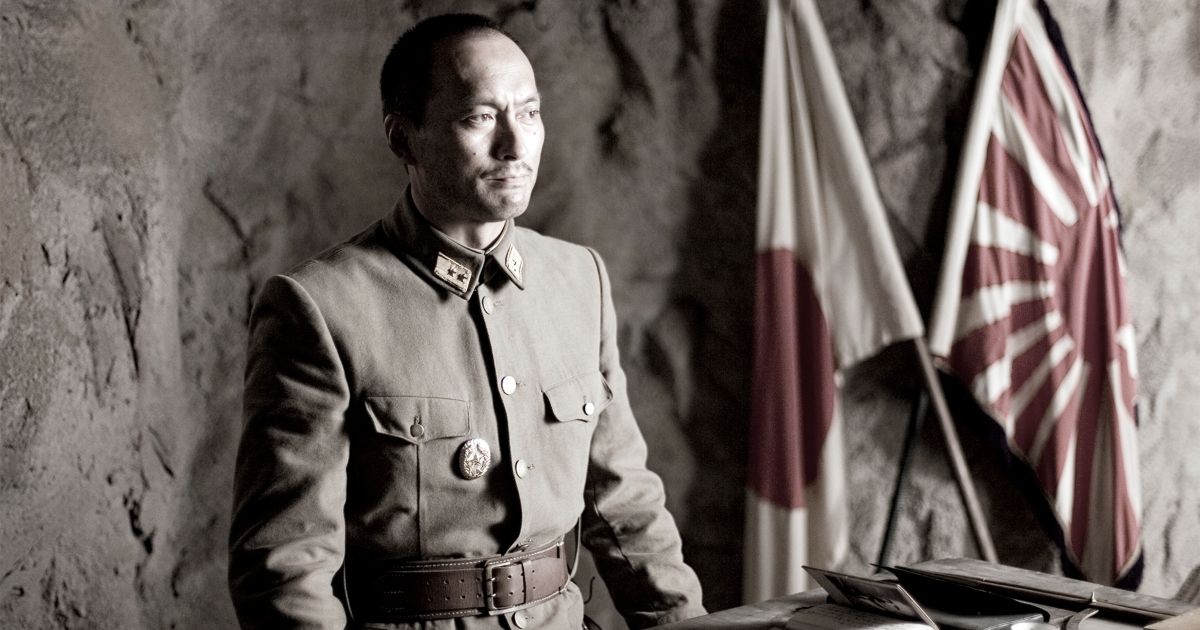
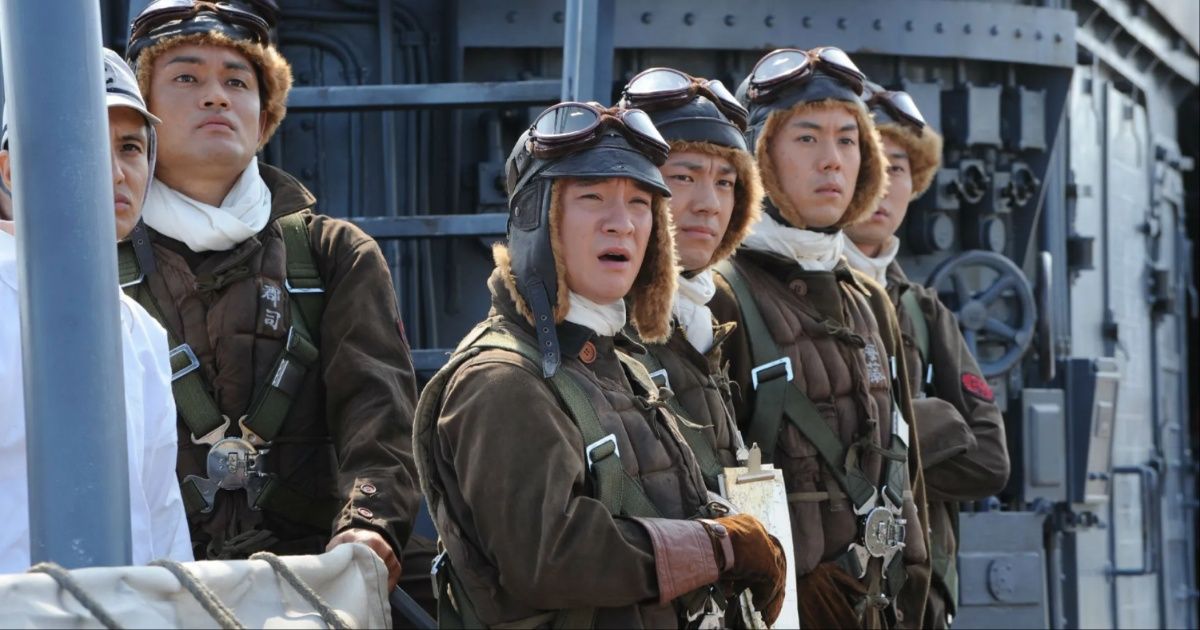
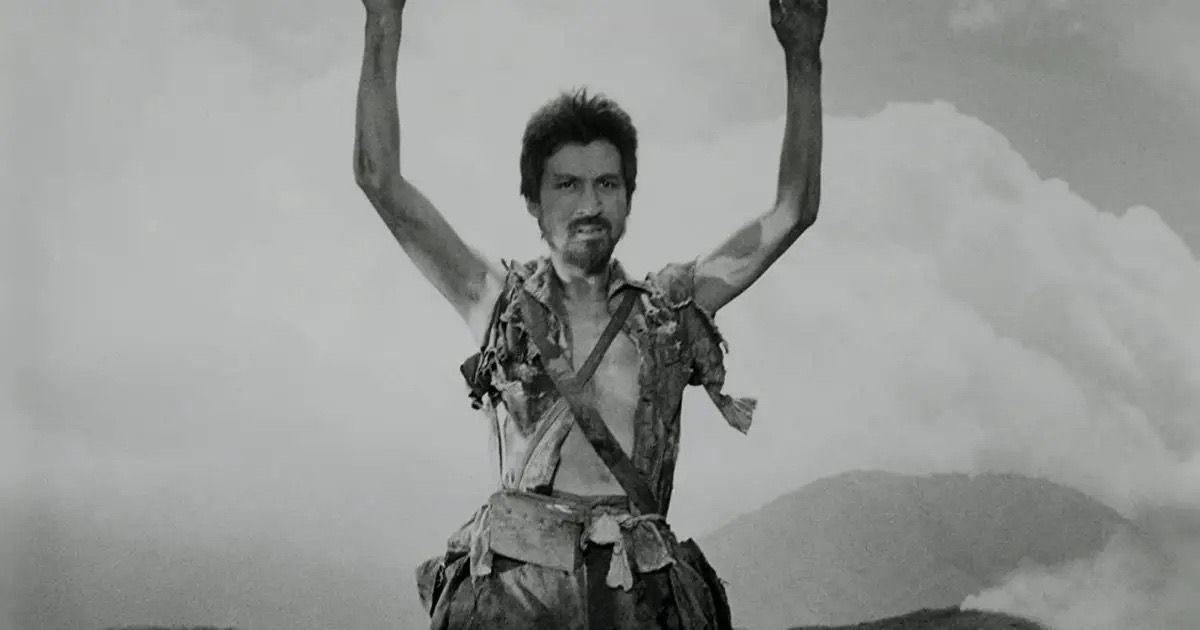
.jpg)
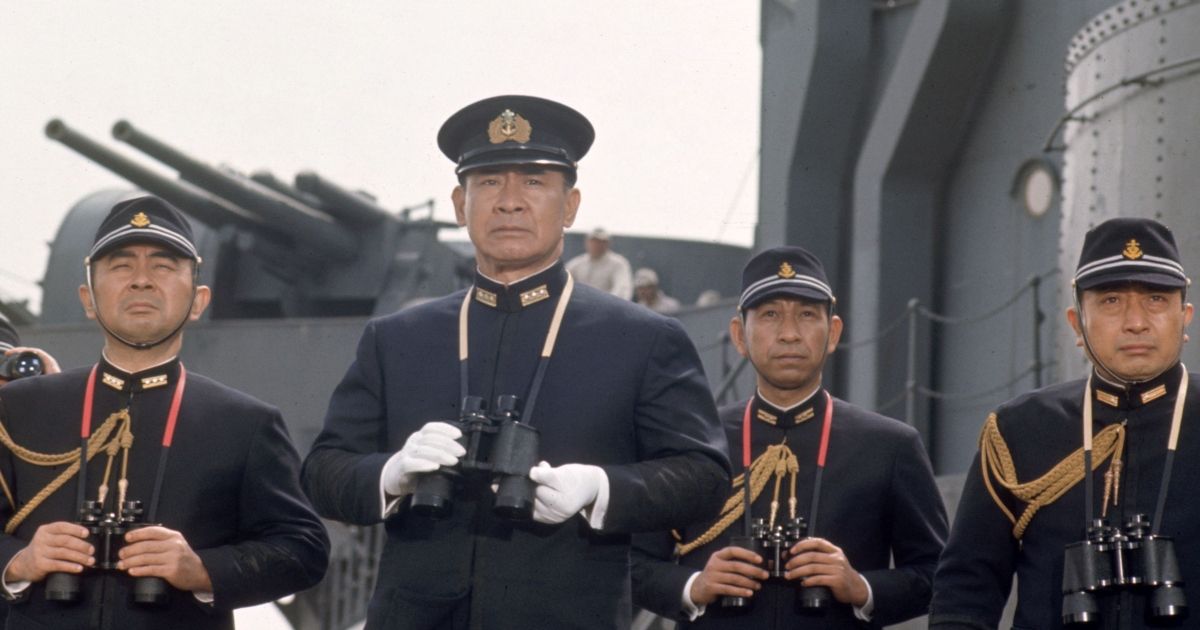
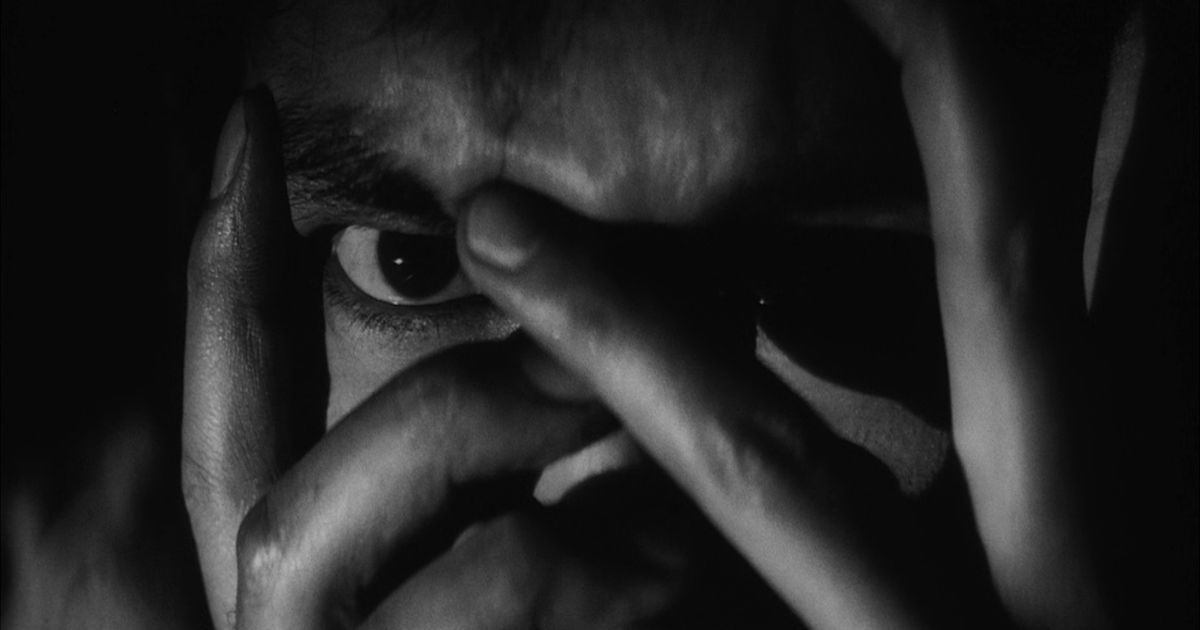
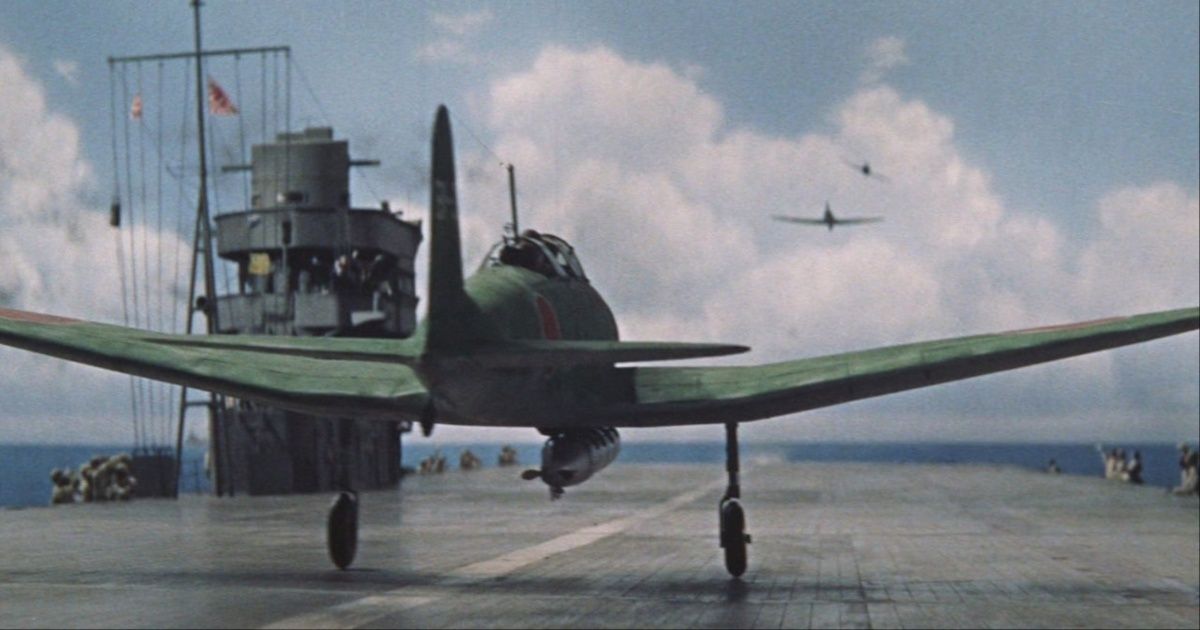
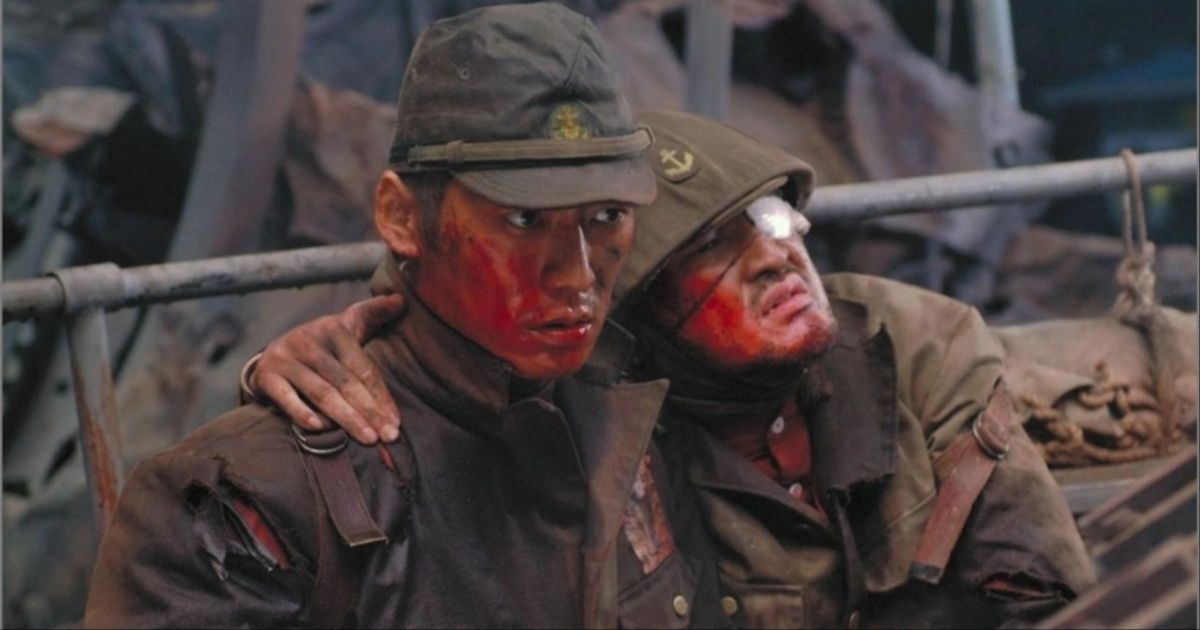
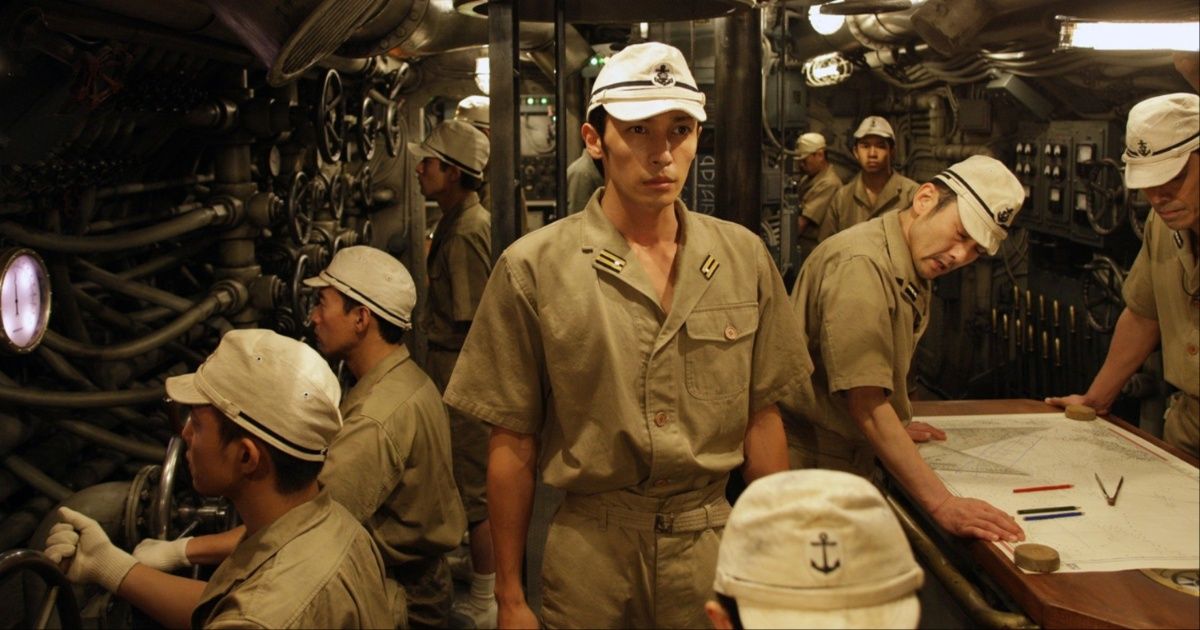
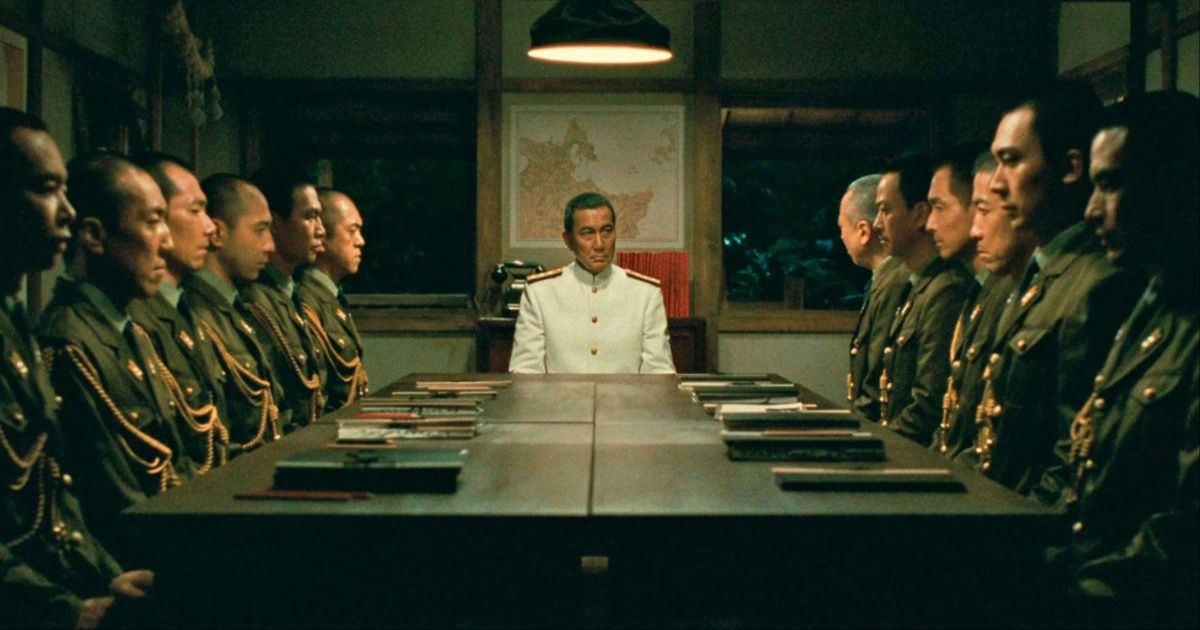














0 Response to "10 World War II Movies from a Japanese Perspective - MovieWeb"
Post a Comment